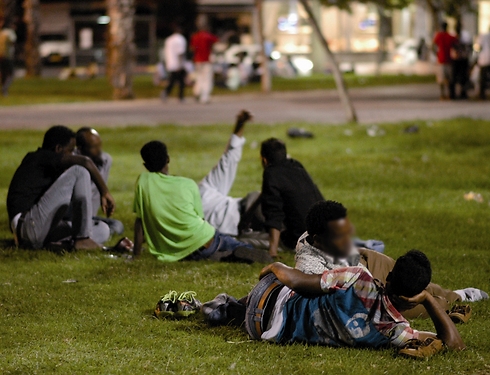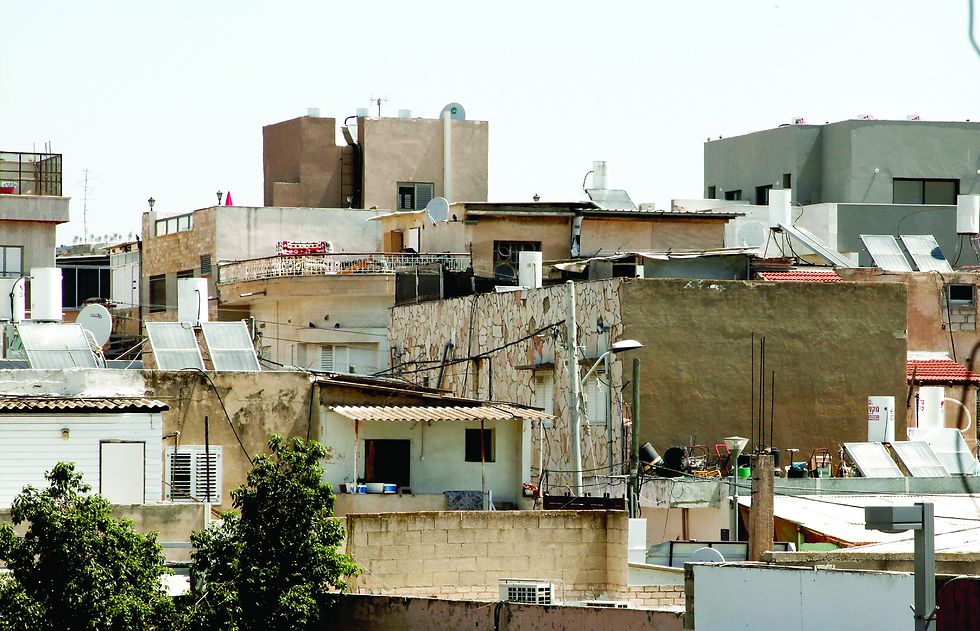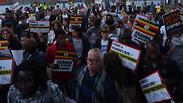
Business tycoons present asylum seeker integration plan
In letter to PM Netanyahu, 64 of Israel's business magnates outline plan to return to abandoned UN High Commission for Refugees agreement while assisting both migrants and Israel's economy; migrants to be integrated into sectors in dire need of workers such as restaurants and hotels, dispersed throughout Israel while south Tel Aviv will be rehabilitated.
Sixty-four luminaries from Israel's business community wrote Prime Minister Benjamin Netanyahu to outline a comprehensive plan for an economic-business solution to the asylum seeker problem, put together along with south Tel Aviv residents who oppose their expulsion.
The signees, many of whom previously held senior public sector positions, called on the premier to return to the aborted agreement with the United Nations High Commission for Refugees and adopt their plan, which was based on said agreement.
The business people's plan was comprised of four major issues: dispersing the asylum seekers, employment, residence and rehabilitating south Tel Aviv.
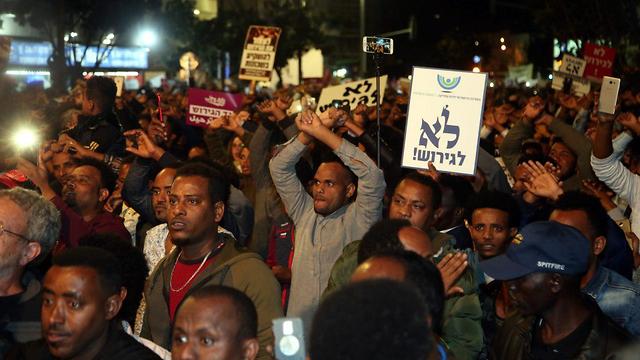
The industrialists plan may be adopted as part of the UN agreement to transfer some 16,000 Eritrean and Sudanese asylum seekers currently in Israel to Western countries, while some 18,000 would remain here—but it may also be implemented independently of the agreement.
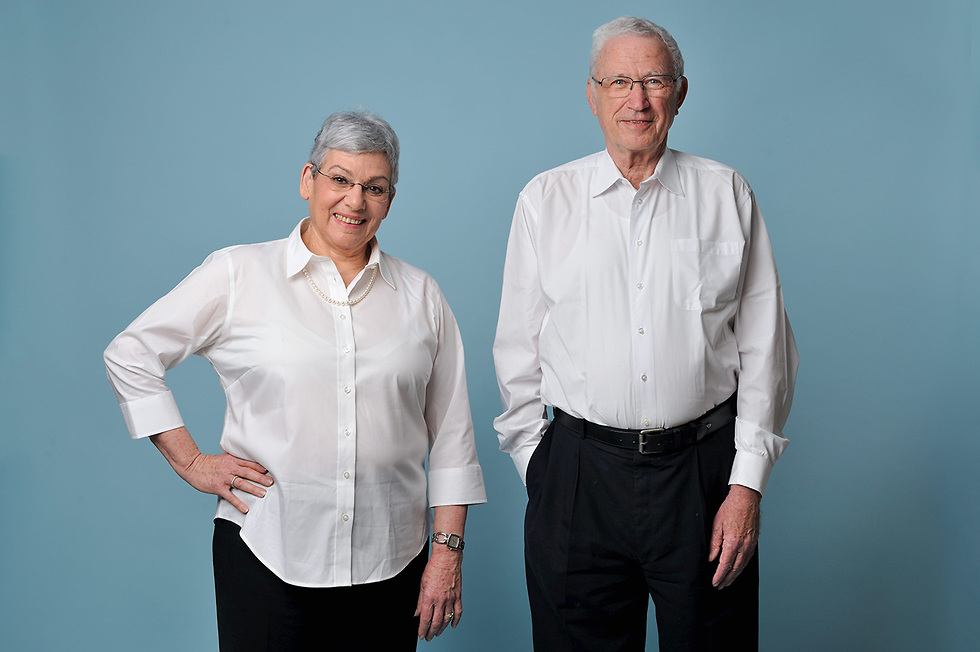
As part of the scheme, whose timetable for implementation was estimated to be five years, the Immigration and Population Authority will institutionalize the rights of African migrants staying in Israel in the fields of employment, health and welfare while simultaneously providing refugee status to those migrants deemed worthy.
The plan's authors noted that a shortage of some 25,000 workers existed in the fields of agriculture, hoteliery, the restaurant business and construction, despite the employment of foreign workers in said categories.
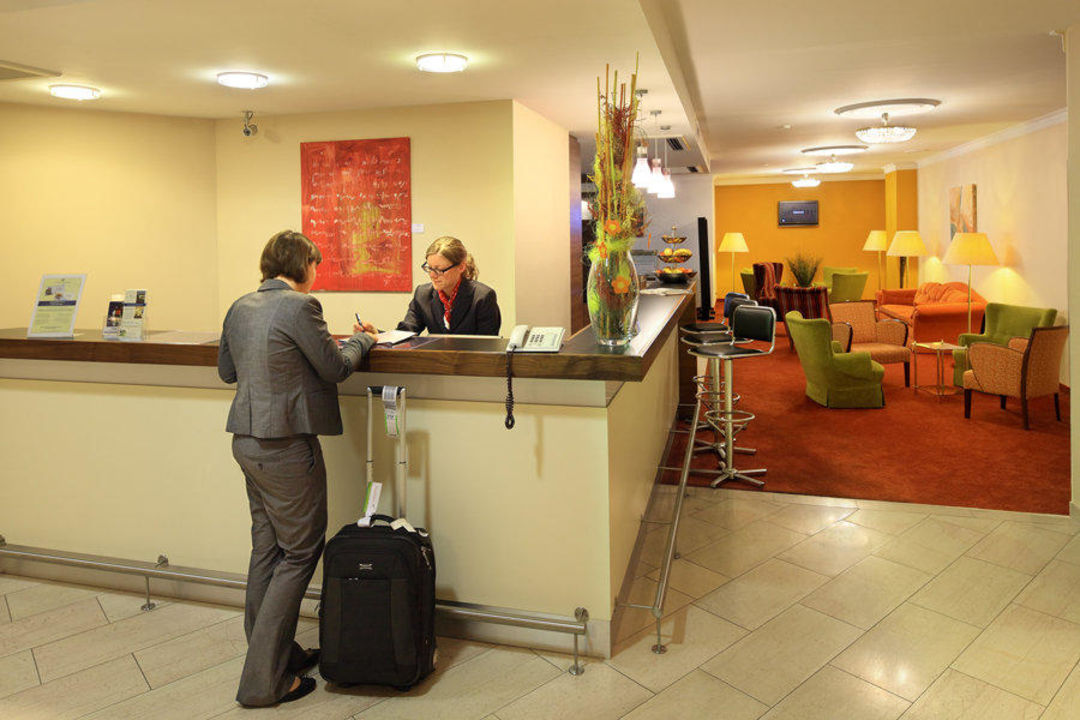
The plan therefore seeks to provide migrants interested in entering these fields with professional training as well as work visas, while their employers will receive incentives to hire them, such as an exemption from levies.
Instead of a billion shekels for expulsion, only NIS 150 million
The business people behind the plan claimed it will have a direct economic contribution to Israel's business sector—one that is significantly higher than its cost. They estimated its cost to be NIS 223 million annually, but said an NIS 150 million will actually suffice since the state is already budgeting some of the services included therein.
Signees further noted that the plan's cost was considerably lower than the cost of implementing the "third country or incarceration" policy, whose price tag was said to be roughly a billion shekels.
In addition, the Ruppin Academic Center's Immigration Institute estimated the economic contribution of employing 25,000 asylum seekers in agriculture, construction and hoteliry to be NIS 3.6 billion per annum.
The plan set goals for asylum seekers to be sent out to live in various areas of the country. Currently, Tel Aviv houses some 13,700 migrants, comprising 37 percent of the total number of them in Israel, a number that will drop under the proposed plan to only 4,400.
The scheme also set a goal of sending fifty percent of migrants to live outside the Tel Aviv metropolitan area, where 68 percent of them currently reside, with planned settlement in rural communities as well.
Inside the Tel Aviv metropolitan area, meanwhile, cities with more than 20,000 residents will absorb a number of asylum seekers equal to at least one percent of their total populace.
Communities receiving the migrants will then enjoy grants from relevant government ministries—health, welfare and education—in order to provide the appropriate framework of services.
Each authority will appoint a person to be in charge of the migrants' integration and they will be afforded the opportunity to receive medical services in the community and have access to local welfare systems, while their children will be taken in by local education institutions.
Migrants to leave south TA, receive housing nationwide
On the issue of housing the migrants, the plan aims to set up a database of potential landlords and tenants and a "fair realty" program, which will operate as a social business in conjunction with local authorities and civil society groups to provide assistance and accompaniment to both, bridge language gaps and generally assist in solving any issues that may arise when drafting the lease or during the period of the rental.
A private or civil guarantee fund will also be said up for apartment rentals, which will significantly reduce the risk taken on by renters.
A public administration will be concurrently set up to deal with rehabilitation the physical and social infrastructures of the south Tel Aviv neighborhoods with the assistance of local residents.
Goals will be set to root out prostitution, human trafficking and the drug trade, and assistance will be provided to the homeless and the elderly, while education infrastructures will be bolstered.
A physical rebuilding of streets, open areas and public buildings will also be carried out, with the city's old central bus station evacuated. A significant allocation of funds will be directed to public and attainable housing, while enforcement on split apartments will be increased.










